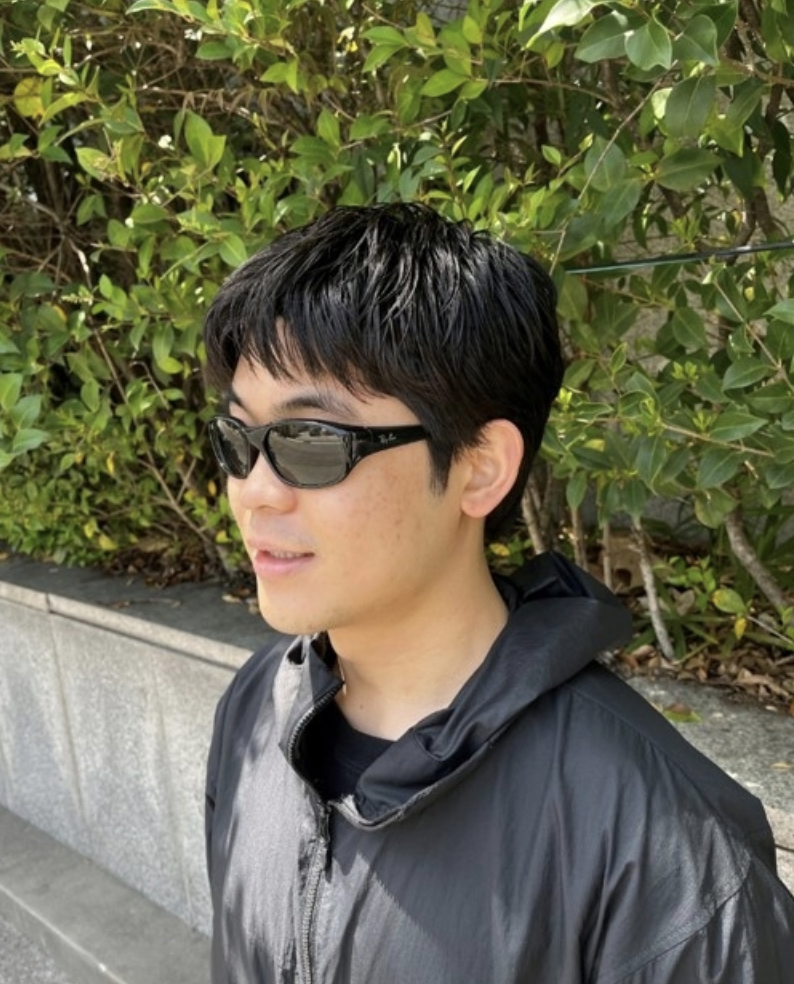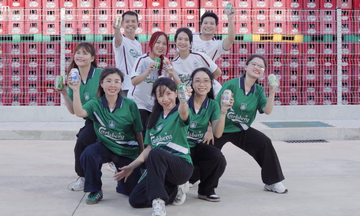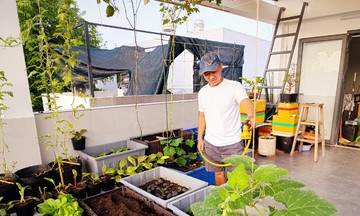Min-jin has never been lazy. From elementary to high school, she studied diligently to gain admission to a top South Korean university. Throughout university, she maintained excellent grades, actively participated in academic seminars, earned certifications, and studied foreign languages for a study abroad exchange program. She even dedicated a year to preparing for law school.
After internships at two financial institutions, Min-jin began her job search. "But the reality was harsh. I sent out 50-60 applications, but all failed," she said.
Exhausted, Min-jin decided to give up. Since February, she's been unemployed and falls into Statistics Korea's category of "lazy youth." Monthly, the agency surveys young people not engaged in economic activities, asking, "What did you do last week?" Choices include working, childcare, job searching, studying, military service, and medical treatment. Those not fitting any category—not working or actively seeking employment without a specific reason—are classified as "lazy" or "resting."
This group is similar to NEETs (Not in Education, Employment, or Training). The number of South Koreans aged 20-30 classified as "lazy" has reached 421,000, a 58% increase from a decade ago. Of these, 38.3% hold a bachelor's degree or higher.
 |
Young South Koreans face immense pressure from the lack of jobs. According to Statistics Korea, about 1.26 million young people are unemployed, half of whom have a bachelor's degree or higher. Photo: Korea Herald |
Young South Koreans face immense pressure from the lack of jobs. According to Statistics Korea, about 1.26 million young people are unemployed, half of whom have a bachelor's degree or higher. Photo: Korea Herald
Park Min-jin admits her unemployment is voluntary. Despite repeated rejections, she targets large companies, viewing them as rewards for years of academic effort. She believes large corporations offer better benefits, while small and medium-sized enterprises have disappointing work cultures, information she gleaned from Blind, an anonymous app for office workers.
Lee Joo-ho, 32, also struggles with the "lazy" label. He submitted over 30 applications to top domestic companies, all rejected without even an interview. "I can't lower my standards," he said. "In South Korea, your university and first job shape your entire life."
But this "resting" life isn't easy. He spends his days on his phone, nights at internet cafes to avoid his parents. Lee Joo-ho feels bitter and tormented each time friends land jobs at large companies.
A Korea Employment Information Service survey revealed 88% of "lazy youth" have prior work experience. The most common reason for their "laziness" is a lack of suitable jobs (38.1%).
Young South Koreans are often raised believing that studying hard for a good university leads to a good job and success. While this path may no longer hold true, Lee hasn't considered deviating from it.
Kim Jin-sol, 29, agrees. His life has been a straight line from kindergarten to university, always preparing for the next step without self-reflection.
His teachers suggested his grades could lead him to education or nursing. He chose nursing at Busan National University, not out of passion, but for job security.
 |
Kim Jin-sol. Photo: Korea Herald |
Kim Jin-sol. Photo: Korea Herald
However, after four months, Kim Jin-sol experienced burnout and a mental health crisis, forcing him to quit. During his break, he explored his interests: watching YouTube, vlogging, reading, and writing essays.
"I can't figure out what I want," he said. "But I don't regret living my own way."
Researcher Kim Seon-hee at Education for Spring notes the constant pressure on young South Koreans to be evaluated and compared.
At school, it's exam scores and school rankings. In the workforce, companies are also stratified, with the tech sector grouped by seven top employers: Naver, Kakao, Line, Coupang, Baemin, Danggeun Market, and Toss.
According to Kim, peer pressure and prolonged job searches create a fear of failure, leading to indecision, avoidance, and eventual stagnation.
Scholar Jeong Hee-jin describes this pause amid extreme competition as "self-preservation" and a survival strategy.
Kim emphasizes that this "resting" isn't laziness but a deep structural issue. Labeling them as "just resting" masks their struggles and setbacks.
Ngoc Ngan (Korea Herald)












